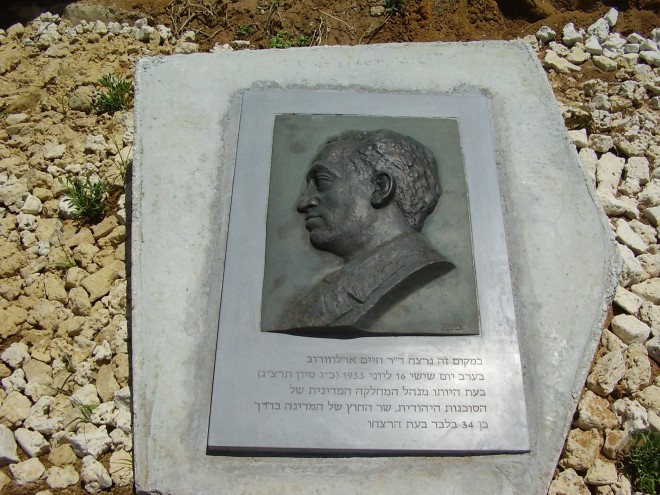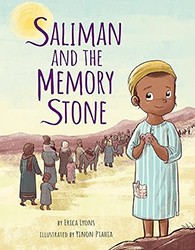Author of eight books, including the critically acclaimed historical romances The Hiding Room and A Palestine Affair, Jonathan Wilson possesses a keen understanding of the fraught politics of British Mandate Palestine. His knowledge is put to exemplary use in this lean novel’s portrayal of the legal complexities surrounding the 1933 murder of Haim Arlosoroff, one of the most controversial figures of the era. The Arlosoroff case is so laden with historical ambiguities, in fact, that it’s surprising that no writer before Wilson was inspired to fictionalize it.
Arlosoroff’s work as a leader of the Labor Zionist movement enabled Jews of Germany to immigrate and transfer some of their goods to Palestine. As a result, he was furiously accused of collaborating with the Nazis, and the whole affair was perhaps a factor in his murder, which remains unsolved to this day.
Arlosoroff’s apparent assassination produced shockwaves in Jewish communities around the world. They were horrified by the notion that a Jew could murder another Jew for political reasons, as was widely believed at the time. There were various suspects, both Arabs and Jews, but eventually all were acquitted due to a lack of corroborating evidence. That’s where The Red Balcony comes in. A taut and fast-paced book, it presents a bracingly intelligent, morally imaginative homage to a time and place that is already receding from living memory.
The novel’s central protagonist, Ivor Castle, is a figure not unfamiliar to readers of Jewish literature: caught between two identities, romantically naïve, and increasingly uncertain of his loyalties and sense of belonging. Jewish and Oxford-educated, Castle has been sent from England to serve as assistant to the defense counsel that is representing the men who have been accused of Arlosoroff’s murder. He soon finds himself out of his depth, a pawn in others’ game. On top of that, he becomes professionally compromised when he embarks on a torrid love affair with a seductive artist named Tsiona, the novel’s femme fatale who keeps the hero wondering at her motives. As he investigates the contradictory details of a confession to the crime — and its subsequent retraction — Castle finds himself facing deceptions at every turn, from intra-Jewish tensions over how to address the crisis of Jews in Germany to opposition to the British Mandate.
Wilson renders both the protagonist’s longing for Tsiona and his mounting frustration with the case with exquisite precision, conveying Castle’s romantic and political naïvety as he is swallowed up by events beyond his control. Yet as he struggles to make sense of his bewildering new environment, he begins to understand that his encounter with the new Jewish society might yet prove self-liberating. “Ivor’s initial impressions of Tel Aviv had been of an unregulated place, free from its moorings,” Wilson writes. “It wasn’t only the floating eclecticism of the architecture — the houses frequently had no numbers, women smoked in public or wore bathing suits on the bus, all bourgeois inhibitions swept away. In England he had been closed in by taboo, a suffocating mix of British reserve and Anglo-Jewish restraint. Here he was free, the muddle of his identity of a piece with the town itself.” Notwithstanding his budding confidence, Castle’s dogged inquiries lead him into hair-raising exploits, including an Arab uprising. If his sojourn in Palestine sets in motion an essential process of self-discovery, it also comes with painful consequences. And, to his credit, Wilson pulls off a startling denouement that few readers will see coming.
Throughout the novel, Wilson displays a great deal of empathy for his characters. He includes arresting, sometimes shocking imagery, such as a black swastika snapping smartly in the breeze, high above Jerusalem — reminding us that this is, after all, 1933. Between its near-painterly descriptions of the verdant Palestinian landscape, and its lively portrayals of Tel Aviv cafes and Jerusalem neighborhoods, Wilson’s prose is brimming with historical verisimilitude, intriguing revelations, and immersive detail. The result is one of the most satisfying literary portrayals of the pre-state Yishuv ever written.
Ranen Omer-Sherman is the JHFE Endowed Chair in Judaic Studies at the University of Louisville, author of several books and editor of Amos Oz: The Legacy of a Writer in Israel and Beyond.




